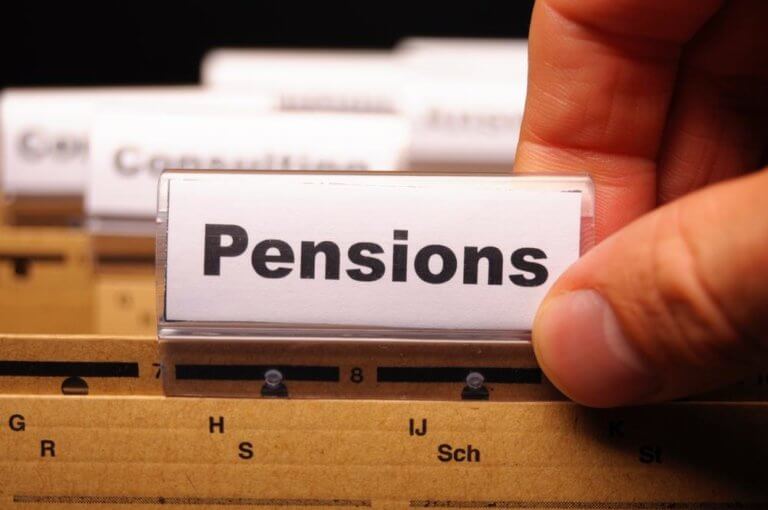
Chancellor Jeremy Hunt will set out the Government budget to Parliament on Wednesday, 6 March. With the General Elections drawing close, it’s expected that the upcoming changes will focus more on individuals, rather than to businesses and corporates, to sway voters in the Conservative party’s favour.
Given the pressing needs of businesses, prioritising tax cuts should be crucial. But it’s also important that the Government take a balanced approach, given the limited scope for further cuts particularly in light of mounting government debt. Failing to do so could result in businesses seeking opportunities elsewhere, or cutting back on UK operations, both of which could have adverse effects on the economy.
Menzies’ accountancy and strategic advisory experts have outlined their wish lists and top predictions of what we might expect next month.
Corporation tax
The UK maintains the lowest headline corporation tax rate among the G7 countries at 25%. However, a further reduction could further stimulate investment within the UK to drive economic growth and support British businesses amidst the challenging climate. An increase to the lower threshold where profits from £50k are currently subject to corporation tax of 19% can further support SMEs that are the lifeblood of the UK economy.
Refining the full expensing rules could aid group companies by removing restrictions on the entitlement to full expensing allowance. This would enable assets acquired by one group company for commercial asset protection reasons to be used by another company in the group.
R&D Tax relief
A deferral of the introduction of the new merged R&D scheme from April 2024 would ensure that the approach is fully thought through and does not exacerbate existing tensions between businesses and HMRC. This cautious approach is warranted, in light of ongoing representations made by professional bodies regarding the scheme’s current form.
Supporting working families
A potential reduction in the basic tax rate of up to 2%, similar to the National Insurance (NI) cut we saw in the Autumn Statement could help support more working families. Alternatively, increasing the personal tax and NIC thresholds, or unfreezing personal tax allowance, which is currently frozen until 2027/28, could mitigate the distortive impact of inflation on household income and alleviate cost of living pressures that have a knock-on impact for employers in terms of wage inflation.
Changing the threshold to the child benefit rules which have been unchanged since 2013, would be another positive family-friendly policy change. The current policy starts to be withdrawn once one partner’s income exceeds £50,000 and is fully withdrawn once income exceeds £60,000. The rules can be inequitable for families with one working partner, as they do not take into consideration the partner’s position so a change to allow some or all of an unused band would be a positive measure.
Inheritance tax
A complete overhaul of the inheritance tax is unlikely at this stage, but a modest adjustment could involve raising the nil rate band threshold before inheritance tax takes effect, to reduce the number of estates affected. The current rate has remained unchanged since April 2009 and although the transferable nil rate band was introduced in April 2017, the impact of inflation has led to more estates falling within the scope of inheritance tax.
Scrapping tourist tax
There have been calls for the Government to reduce the controversial ‘tourist tax’ to stimulate the economy. Retailers are eager to increase sales, recognising the crucial role the retail sector plays in the UK’s economic landscape. Reinstating tax-free shopping for international visitors, including those from the EU, has the potential to substantially boost tourist spending, reinstating the UK’s competitive edge compared to other European countries.
National Living Wage
The national living wage (NLW) for workers is set to increase from 1 April 2024, and employers who do not pay the appropriate rates risk penalties and reputational damages. The Government should exercise prudence in determining the National Living Wage for 2024/25, following a sustainable trajectory that aligns with broader economic conditions. This approach will empower the Low Pay Commission to provide independent recommendations based on the evidence presented.























